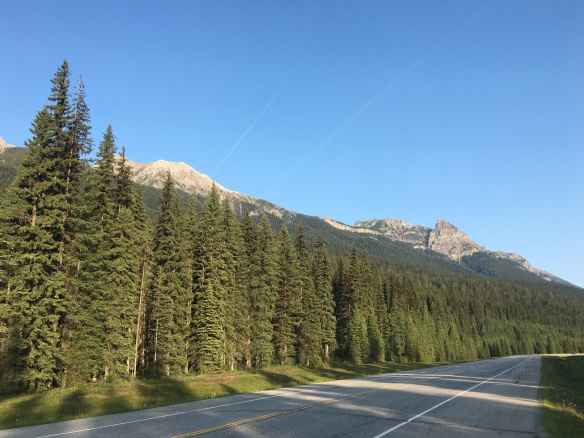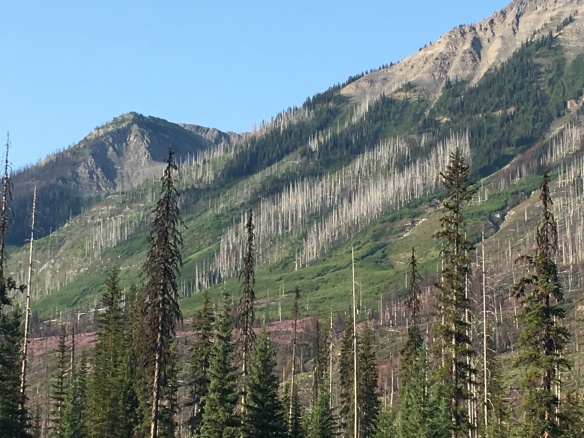The gospel story for today is about humility. And exercising humility means letting go of our privilege in this time and place.
Privilege is a state of mind we presume to have, vis-à-vis others. The source of our privilege may come from the country in which we happen to be born, when in history we were born, to whom we were born. Privilege comes from being offspring and inheritors of settlers in this land who made an empire and found great financial wealth here. The list can go on.
In the economy of God’s grace, however, all that doesn’t matter. Gone is the pecking order. We all stand on the same level playing field. In the story where he advises his followers to take the last seat at a large table of a prominent Pharisee (Luke 14:1,7-14), Jesus denounces our egoistic striving to be first in line. As if the good that we experience in life depends on us, and is all up to us.
Which leads us back to humility. An image I hold of this humble stance in life is a prayerful pose: bowed slightly, hands open both receiving and giving.
Since the truth of the Gospel is so often expressed in parables — stories — here follows a story about the most privileged trees on the slopes of the Canadian Rocky and Coastal Mountains.
At least twice during our road trip through western Canada we came across swaths of mountainsides devasted either by the mountain pine beetle or forest fires. Even the most prevalent of trees in these areas – the western red cedar or lodgepole pine—were not immune from the infestation.
We learned, in the case of the pine beetle, that it takes about ten years for the cycle of renewal. Right now, in the early stages, all we saw from the vantage of trams high in the air were carpets of brown trees—the green of life and growth stripped, absent. Like matchsticks in the dirt, their needles deadened, lifeless. Didn’t look so good.
Our guides assured that this cycle was necessary for the forest to renew itself. The problem with the way the pine forest was establishing itself over decades was the growth was becoming too dense and thick, thereby choking out other life. Once the dead trees fall over from the pine beetle infestation, space is made for sunlight and rain to penetrate the forest floor once again, thereby inciting new growth.

From the barren, lifeless landscape come first the purple, mountain mallow which blooms close to the ground. Then, notably, aspen grows and finally again pioneer species such as the lodgepole pine—the provincial tree of Alberta.

These trees, some of them privileged, native species of the region, bow to the larger movements and cycles of life. They are part of something bigger than themselves that is happening in the eco-system. Needs larger than their own are being addressed. Each of those trees bow to a greater scheme. They, if they had consciences, realize their lives are given and meant for a greater good.
So, for us, imagine a humility that is not false but true. Not a humility that in a backhanded way seeks attention or self-aggrandizement. But a humility that honestly reveres the greater good in which we participate and which we serve.
It is like someone has quietly deposited a million dollars in your checking account. Imagine that! And now it is secretly yours. Yet you always know it was a gift. It is yours to use and enjoy and expand. But you cannot say you earned it or you deserved it. Everybody thinks it is your money and may or may not admire you for it; it doesn’t matter. You know better and cannot take the credit. You just live in gratitude and confidence. And you try to let the flow continue through you. You know that love can be repaid by love alone.[i]
You can say as followers of Christ we need to get over ourselves at some point on this path. Now, getting over ourselves doesn’t mean doing harm or denying our humanity of which our ego striving is very much a part. It does mean we learn to hold all of who we are—including the not-so-good-parts—in the light of the bigger picture of God’s initial and primary grace and gifting to us. We are part of something much larger than we think.
In the economy of God’s grace, how then do we live? How does this awareness translate into real life?
We live our days, each moment, drawing from another source. God is primary; we are derivative. God is the source of all energy, power, wisdom and wealth. [ii]
We see ourselves an instrument of the gift we have.
We don’t, therefore, need to promote ourselves.
We don’t need to take first nor final responsibility for our goodness, our gift whatever it is.
We meet other people where they are at, not where we are at.
And when we experience setback in life, we need not worry too much about our failures. In truth, it is often in the very experience of failure, limitation and loss where we find the seeds of new life.
Indeed, our life is not our own. Yet at some deep level we know that it has been given to us as a sacred trust.
Our best is not our own; it is borrowed.
We know Someone takes us seriously; we feel deeply respected and grateful.
We can bow, in gratitude and respect, with hands open, to the gift.
[i]Richard Rohr, Adam’s Return; The Five Promises of Male Initiation (New York: The Crossword Publishing Company, 2016), p.157-158.
[ii] Michael Dowd, “The Nested Body” in The Mendicant Volume 9 Number 3 (Centre for Action and Contemplation: Summer 2019), p.3.


